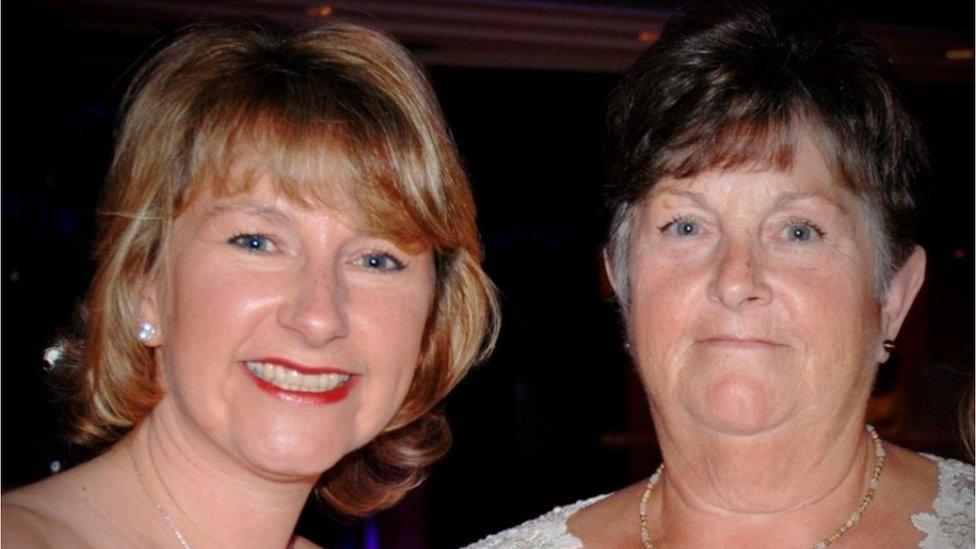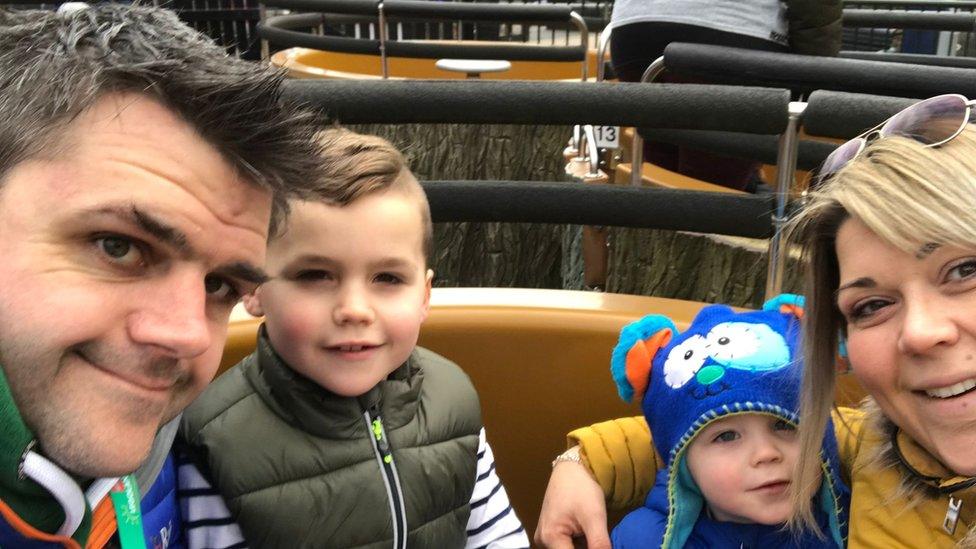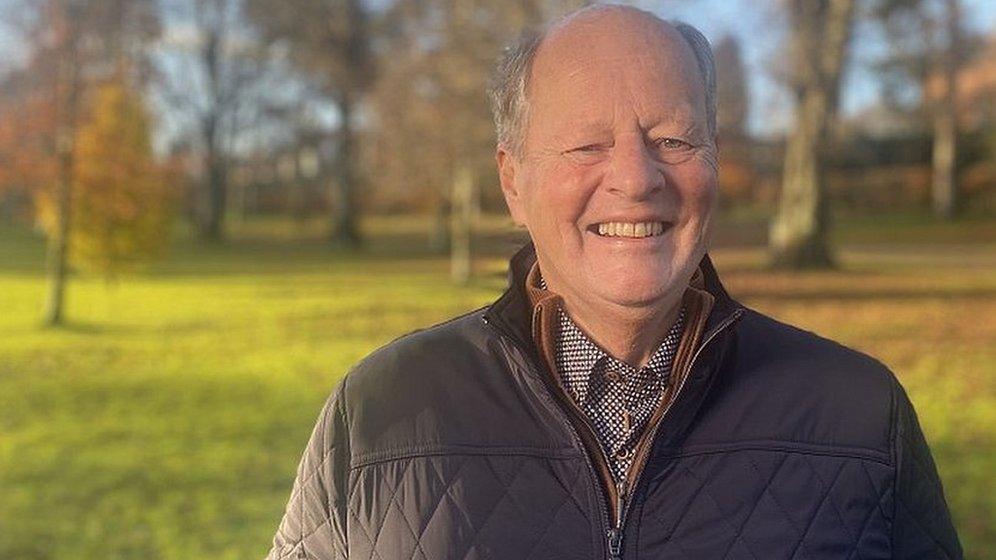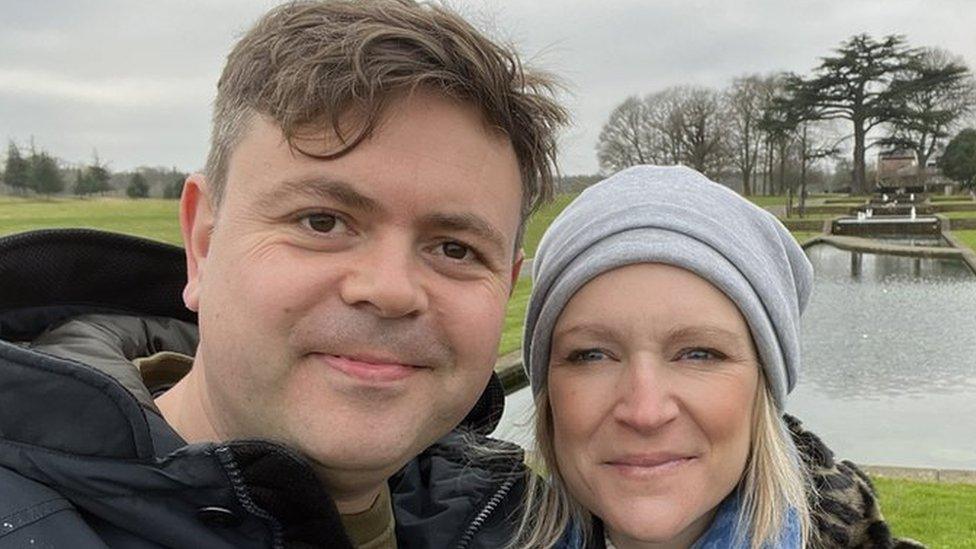Cancer charity fears lack of drug could cost lives

The treatment, often referred to as Creon, is the brand name of a commonly-used type of the drug (not pictured)
- Published
A cancer charity has called on the government to intervene urgently over the shortage of a drug that can prevent life-threatening digestive problems.
Neil Pearce, chairman of PLANETS charity based in Emsworth, Hampshire, has written to Health Secretary Wes Streeting, outlining "deep concerns" about the lack of pancreatic enzyme replacement therapy (PERT).
Patients who rely on the medication suffer severe abdominal cramps and a particularly unpleasant form of diarrhoea without it.
The Department for Health and Social Care has been approached for comment.
The charity helps patients with pancreatic, liver, colorectal, abdominal and neuroendocrine cancers.
It estimated that about 20,000 people in the UK were affected by the shortage of PERT.
The treatment is often referred to as Creon, which is the brand name of a commonly-used type of the drug.
Mr Pearce, who is a former pancreatic cancer surgeon, warned that, unless interim solutions were implemented, the issue could lead to "excess and avoidable deaths" from sepsis and diabetic complications.
He added that patients remained "at significant risk" despite a National Patient Safety Agency (NPSA) safety alert , external.
It advises that procurement rules are being relaxed to allow the importation of PERT from unlicensed sources.
However, Mr Pearce said there was no evidence that patients had access to them and that the charity heard of patients "scouring the country" for pharmacists with a supply in stock.
A PLANETS spokesman quoted the lack of a UK manufacturer and a worldwide increase in demand as some of the factors causing the shortage.
"In addition, current NHS prescribing rules prevent pharmacists from substituting a like-for-like product when a specific brand is specified on the prescription and NHS procurement rules exclude viable supplies from 'unlicensed' sources such as US manufacturers," he said.
Follow BBC South on Facebook, external, X, external, or Instagram, external. Send your story ideas to south.newsonline@bbc.co.uk or via WhatsApp on 0808 100 2240.
Related topics
- Published28 March 2024

- Published11 March 2022

- Published30 November 2023

- Published9 May 2023

- Published15 January 2023
